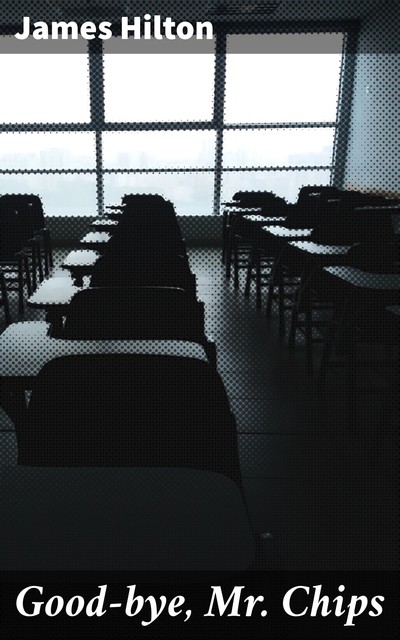In “Good-bye, Mr. Chips,” James Hilton weaves a poignant narrative that explores the life and career of Mr. Chipping, affectionately known as Mr. Chips, a schoolmaster at the fictional Brookfield School in England. This novella employs a gentle, nostalgic literary style that deftly captures the essence of British boarding school life in the early 20th century. Hilton'Äôs use of rich imagery and heartfelt introspection invites readers into a world where education, tradition, and personal connection are cherished. The story unfolds against the backdrop of a changing society, highlighting themes of love, loss, and the passage of time, all while preserving a sense of humor and warmth that makes the protagonist's journey deeply relatable. James Hilton, an English author and screenwriter, gained prominence in the 1930s with his evocative storytelling. His own experiences growing up in a small town and his affection for the British educational system influenced his portrayal of Mr. Chips's tender, yet bittersweet reflection on a life devoted to teaching. The thematic exploration of nostalgia reflects Hilton's broader concerns about the rapidly evolving world, especially in the wake of two World Wars. “Good-bye, Mr. Chips” is a timeless classic that resonates with educators, students, and anyone who values the significance of human connection and mentorship. Its exploration of the intrinsic rewards of teaching and the bittersweet nature of memory makes it a must-read for those seeking both inspiration and solace in the face of life'Äôs inevitable changes.


